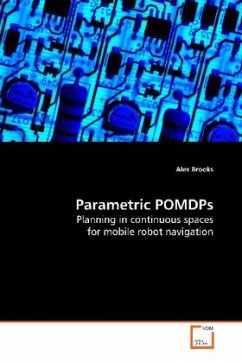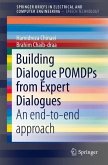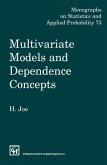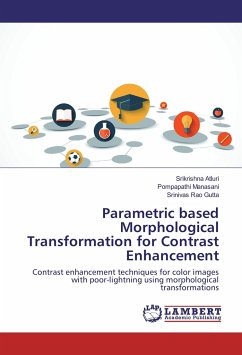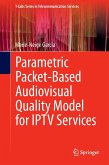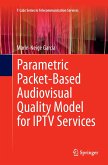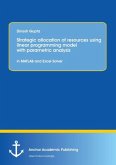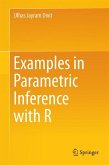This book is concerned with planning and acting under
uncertainty in
partially-observable continuous domains. It focusses
on the problem
of mobile robot navigation given a known map. The
dominant paradigm
for robot localisation is to use Bayesian estimation
to maintain a
probability distribution over possible robot poses.
In contrast,
control algorithms often base their decisions on the
assumption that
the most likely state is correct, rather than
considering the entire
distribution.
This book formulates an approach to planning in the
space of
continuous parameterised approximations to
probability distributions.
Theoretical and practical results are presented which
show that, when
compared with similar methods from the literature,
this approach is
capable of scaling to larger and more realistic problems.
The algorithms have been implemented and demonstrated
during real-time
control of a mobile robot in a challenging navigation
task. Results
show that this approach produces significantly more
robust behaviour
when compared with heuristic planners which consider
only the most
likely states and outcomes.
uncertainty in
partially-observable continuous domains. It focusses
on the problem
of mobile robot navigation given a known map. The
dominant paradigm
for robot localisation is to use Bayesian estimation
to maintain a
probability distribution over possible robot poses.
In contrast,
control algorithms often base their decisions on the
assumption that
the most likely state is correct, rather than
considering the entire
distribution.
This book formulates an approach to planning in the
space of
continuous parameterised approximations to
probability distributions.
Theoretical and practical results are presented which
show that, when
compared with similar methods from the literature,
this approach is
capable of scaling to larger and more realistic problems.
The algorithms have been implemented and demonstrated
during real-time
control of a mobile robot in a challenging navigation
task. Results
show that this approach produces significantly more
robust behaviour
when compared with heuristic planners which consider
only the most
likely states and outcomes.

